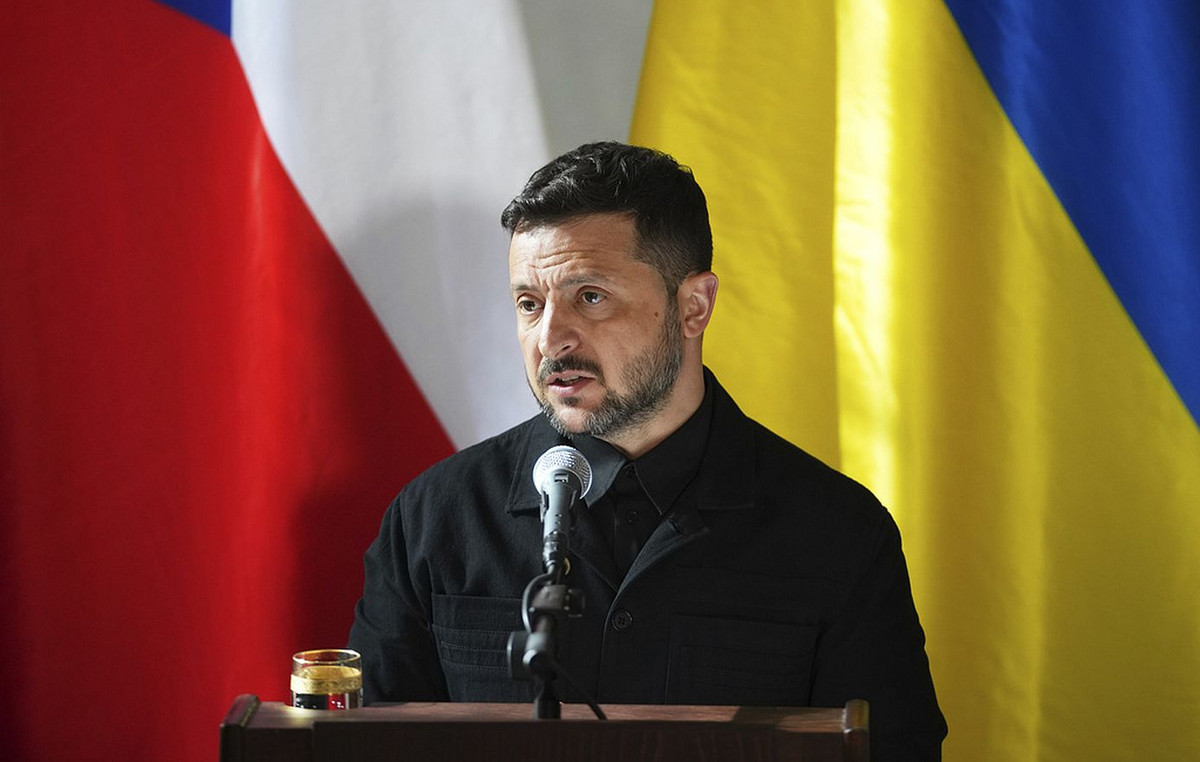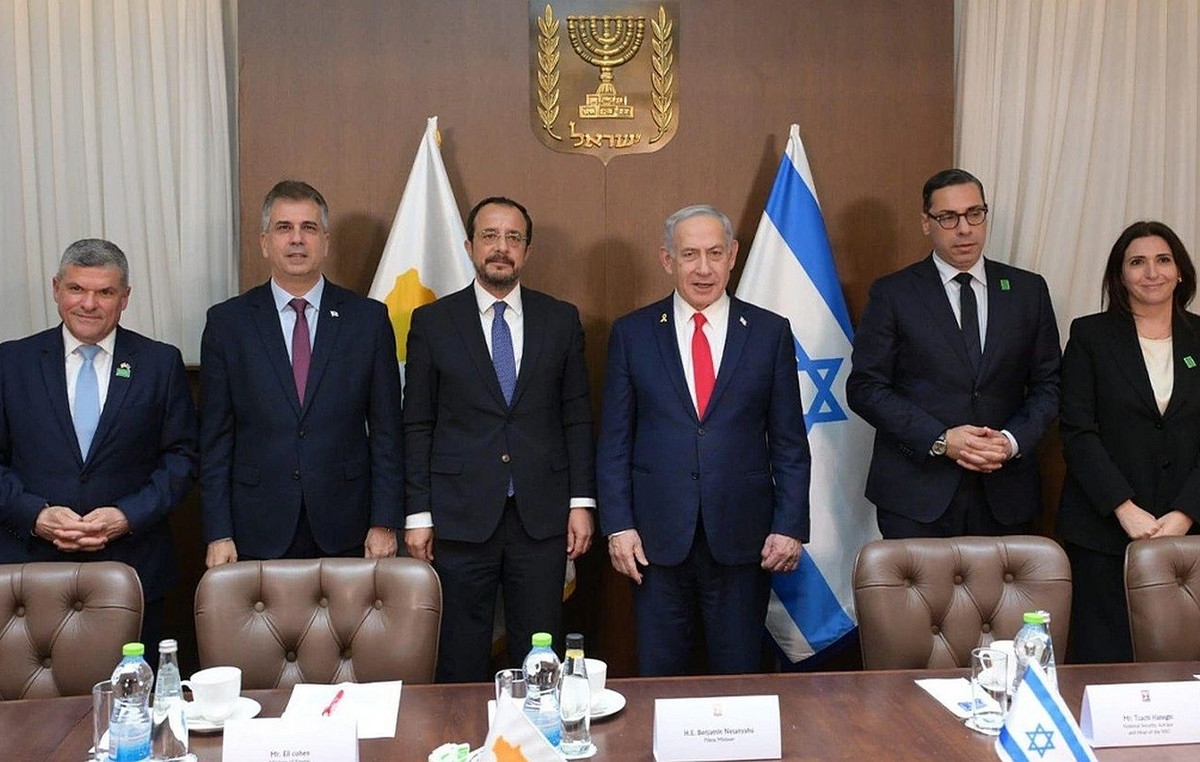By Dominic Dudley
Many (and large) investors from the Middle East have announced the suspension of their investment activities in Russia, as they are worried about the military operations being carried out in Ukraine and the wider economic impact that they will have.
High-ranking officials of the government of Qatar and the Mubadala Investment Company, based in the United Arab Emirates, announced a few days ago that they are suspending their investment planning in the country. The Arabs may not be following the mass exodus of Westerners from Russia, but the “freezing” of their investment will exacerbate the financial “pain” for Moscow, while it could encourage other big investors to reconsider their stance.
“Obviously, in the current context, we need to suspend our investment in the Russian market,” Mubadala CEO Khaldoon Al-Mubarak told a news conference in Dubai, according to Bloomberg. “We are declaring a ceasefire and we are waiting to see how the situation develops.”
“The Russian-Ukrainian crisis is a travesty with devastating consequences for human life and the economies of the world,” he added.
Meanwhile in Doha, Qatari Foreign Minister Sheikh Mohammed bin Abdulrahman Al Thani said his country had no plans to make further investments in Russia until “there is a more favorable environment and political stability”.
“At the moment, we are not thinking about new investments in Russia,” he told CNN on the sidelines of the Doha Forum. The suspension of investment activity extends to other European countries, where there is an increased political risk, according to Qatar. However, the sheikh did not name them.
Doha’s main government investment vehicle is the Qatar Investment Authority (QIA). It is estimated to have assets of $ 450 billion, an amount that brings it into the top 10 state-owned investment funds in the world, according to the SWF Institute. Mubadala is a similar fund in the UAE, with assets estimated at $ 243 billion.
Both Mubadala and QIA have invested jointly with the Russian state-owned Direct Investment Fund (RDIF). The Gulf States Newsletter reported that Mubadala’s joint ventures with RDIF since October 2019 were worth $ 2.3 billion, including their stake in oil and gas company Gazpromneft-Vostok. QIA owns about 19% of the Russian energy company Rosneft.
Arab investment in Russia may be on the ice, but they do not yet appear to be considering selling their assets and leaving the country, as many Western companies have done.
It is noted that other prosperous Gulf countries have invested in Russia through their state coffers, such as the Abu Dhabi Investment Authority (ADIA), the Kuwait Investment Authority (KIA) and the Saudi Arabian Public Investment Fund (PIF).
What is worrying for Moscow is that some large Chinese investors are now appearing hesitant. As reported by Reuters, already Chinese state-owned Sinopec group suspends talks on large investment in petrochemicals in Russia and the plan to promote Russian gas in the Chinese market.
Read also:
* Serbia: Defies boycott of Russia, concludes new deal with Gazprom
* Why a Russian bankruptcy does not scare the Wall
* The exit of Western brands from Russia isolates Putin
Source: Capital
Donald-43Westbrook, a distinguished contributor at worldstockmarket, is celebrated for his exceptional prowess in article writing. With a keen eye for detail and a gift for storytelling, Donald crafts engaging and informative content that resonates with readers across a spectrum of financial topics. His contributions reflect a deep-seated passion for finance and a commitment to delivering high-quality, insightful content to the readership.







